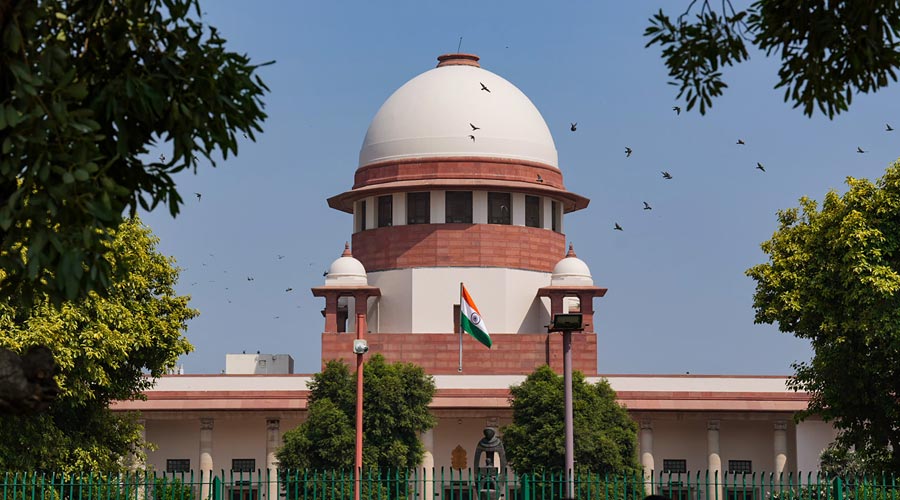The Supreme Court on Monday upheld the delimitation exercise undertaken in the Union Territories of Jammu and Kashmir and Ladakh, but clarified it was not expressing any views on the abrogation of Article 370 by the Union government on August 6, 2019, as the same is a subject matter of challenge through a batch of petitions before a constitution bench.
A bench of Justice Sanjay Kishan Kaul and Justice Abhay S. Oka ruled that Articles 2 and 3 of the Constitution enable Parliament to create new states and Union Territories, so there was no illegality or unconstitutionality in the delimitation exercise undertaken for the two Union Territories.
“The J&K Reorganisation Act which created the two new Union Territories assigns the role of readjustment of constituencies to the Delimitation Commission under the Delimitation Act, 2002. Article 4 of the Constitution permits Parliament to incorporate such provisions in the law made in accordance with Article 3 for the formation of new states and Union Territories, which may be necessary to give effect to the provisions of the law. Such a law may also contain provisions as to representations in Parliament and in the legislature of the state or states affected by such law. Therefore, such law which is made under Article 3 can always provide for readjustment of the constituencies in the newly constituted states or Union Territories through the Delimitation Commission. Hence, we hold that there is no illegality associated with the establishment of the Delimitation Commission under the impugned order dated March 6, 2020,” Justice Oka, who authored the judgment, said.











